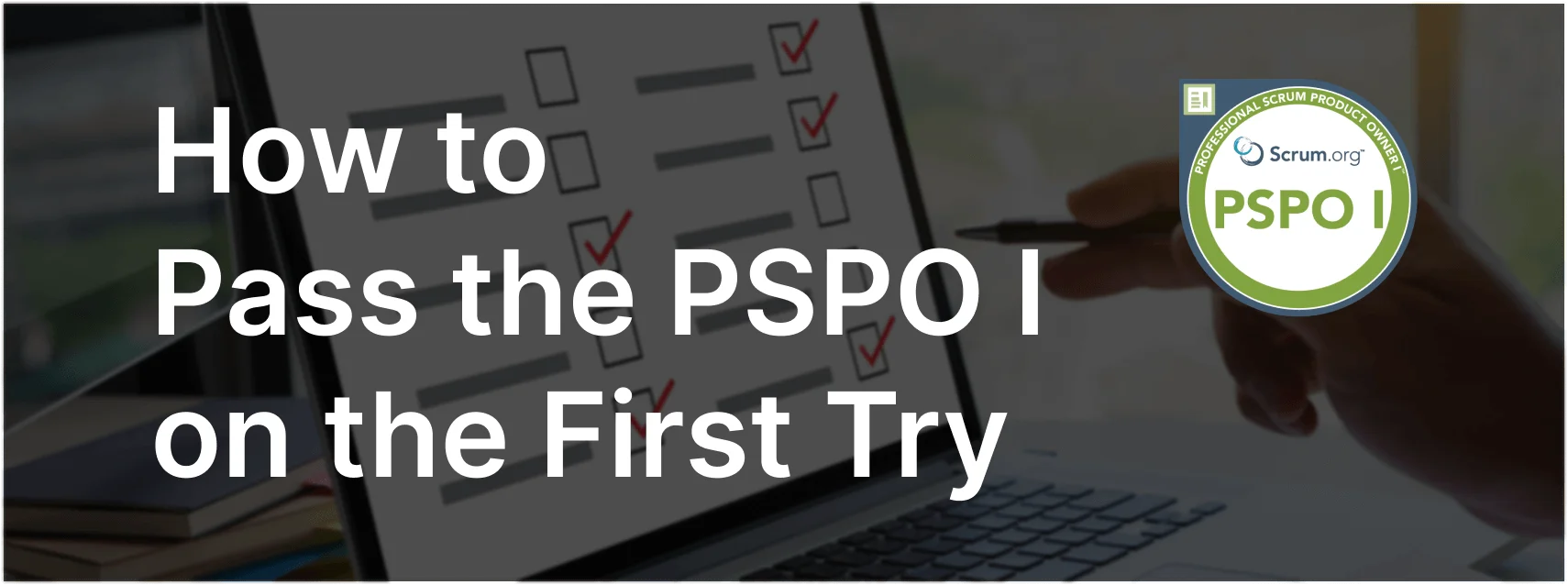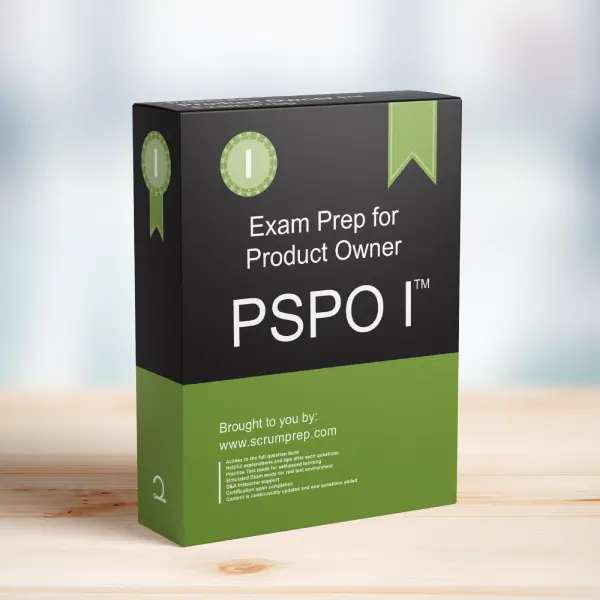Importance of the Definition of Done to the Product Owner
The Definition of Done (DoD) is a crucial aspect of the Scrum framework, ensuring that all Product Backlog items meet a certain standard of quality before being considered complete. Understanding its importance helps the Product Owner manage and maximize the value of the product.
Exam Question
Which two statements explain why the Definition of Done is important to the Product Owner? (choose the best two answers)
- A. It helps the Product Owner track the open work during a Sprint.
- B. It creates transparency regarding progress within the Scrum Team.
- C. It identifies undone work that can be addressed in a separate Sprint.
- D. It assures the Increment reviewed at the Sprint review is usable so the Product Owner may choose to release it.
Correct Answers
B. It creates transparency regarding progress within the Scrum Team.
D. It assures the Increment reviewed at the Sprint review is usable so the Product Owner may choose to release it.
Explanation
Why B is Correct
B. It creates transparency regarding progress within the Scrum Team:
The Definition of Done establishes a shared understanding among the Scrum Team members about what it means for a piece of work to be considered complete. This transparency ensures that everyone is aware of the progress and the quality of the work being done, which is crucial for effective decision-making and planning.
Why D is Correct
D. It assures the Increment reviewed at the Sprint review is usable so the Product Owner may choose to release it:
The Definition of Done ensures that each Increment is of high quality and potentially shippable. This means that the Product Owner can decide to release the Increment to users if it meets the Definition of Done, providing immediate value to stakeholders.
Explanation of Incorrect Options
Why A is Incorrect
A. It helps the Product Owner track the open work during a Sprint:
Tracking open work during a Sprint is primarily the responsibility of the Developers. The Product Owner is concerned with the value and usability of the Increment, not the day-to-day tracking of tasks within the Sprint.
Why C is Incorrect
C. It identifies undone work that can be addressed in a separate Sprint:
While the Definition of Done helps identify what is complete, it does not specifically deal with identifying undone work for future Sprints. It focuses on ensuring that work deemed complete meets a specific standard of quality.
Responsibilities in Scrum
- Product Owner:
- Primary Accountability: Maximizes the value of the product and ensures that the Product Backlog items meet the Definition of Done.
- Quality Assurance: Relies on the Definition of Done to guarantee that the Increment is usable and releasable.
- Scrum Master:
- Facilitator: Helps the Scrum Team understand and adhere to the Definition of Done, ensuring that it is applied consistently.
- Developers:
- Collaborators: Work together to ensure that all Product Backlog items meet the Definition of Done before being considered complete.
Relevance to the PSPO I Exam
Understanding the importance of the Definition of Done is critical for the PSPO I exam. It highlights the Product Owner’s role in maintaining high standards for Increments and ensuring transparency within the Scrum Team.
Conclusion
The Definition of Done is a fundamental concept in Scrum, providing transparency and ensuring that each Increment is of high quality and potentially shippable. For the Product Owner, it is essential for tracking progress and making informed decisions about releasing the product.
For comprehensive preparation and practice exams, check out PSPO I Exam Prep to enhance your understanding and application of Scrum principles.



